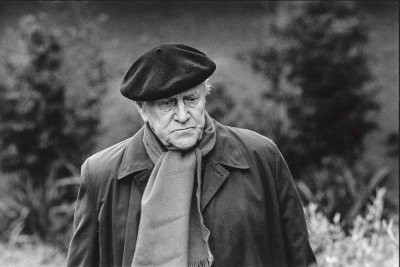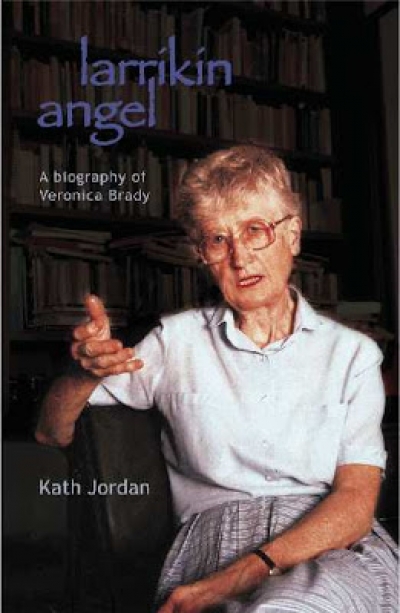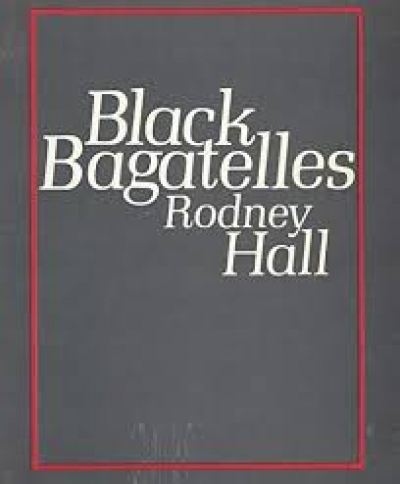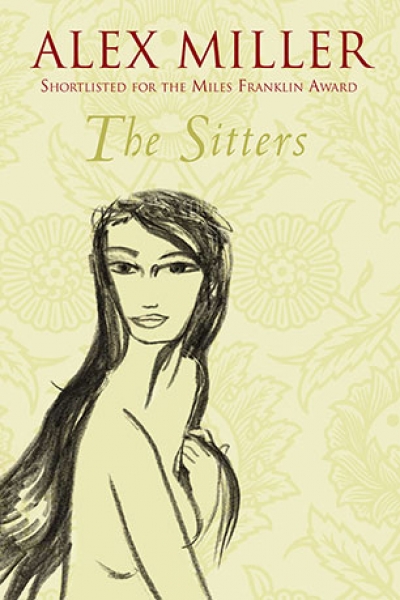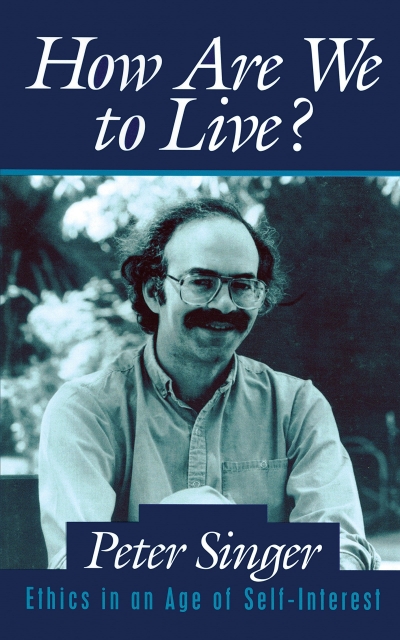Veronica Brady
It is usually true to say that poetry is difficult and criticism easy. In the present case, I am not sure that this is quite so true. What can any critic sensibly say about the present batch of books which range from Bruce Dawe ‘s Collected Poems 1954–1978, Sometimes Gladness, to reprints of minor colonial verse and includes the gentle nature mysticism of John Anderson’s The Blue Gum Smokes a long Cigar, reverently illustrated by Ned Johnson and produced by Rigmarole of the Hours, and the ambitious regionalism of the two books of Hunter Valley Poets, IV and V, edited by Norman Talbot?
... (read more)What we know and how we think and feel are socially and thus historically conditioned. But it can also be geographically conditioned. ‘Australia’, as Mrs Golson remarks in The Twyborn Affair, ‘may not be for everyone ... For some it is their fate, however.’ Our subject is Patrick White and criticism of his work in Australia and my argument is that ours is a culture in general, and a literary culture in particular, with an indifference to and perhaps fear of hermeneutics, which George Steiner glosses as some ‘essential answerability’ implicit in the act of reading over and above understanding or – Leavis preserve us! – evaluation.
... (read more)South of My Days: A Biography of Judith Wright by Veronica Brady
How Are We To Live?: Ethics in an age of self-interest by Peter Singer
Veronica Brady reviews 'Billy Two-Toes’ Rainbow' by Hugh Atkinson, 'The Same Old Story' by James Legasse, 'Force and Defiance' by Gedaliah Shaiak, and 'Pacific Highway' by Michael Wilding
‘Even when there’s simultaneity,’ as one of Michael Wilding’s characters says, there’s still linearity that needs to be found, and linearity is difficult to find in this group of books. So, it is better, as Wilding’s book also suggests, to let the books perform and then see the pattern they make. Pacific Highway, in fact, is a kind of haiku novel, which coheres into a single expressive emblem, the emblem of the dance its narrator offers us at the end.
... (read more)
